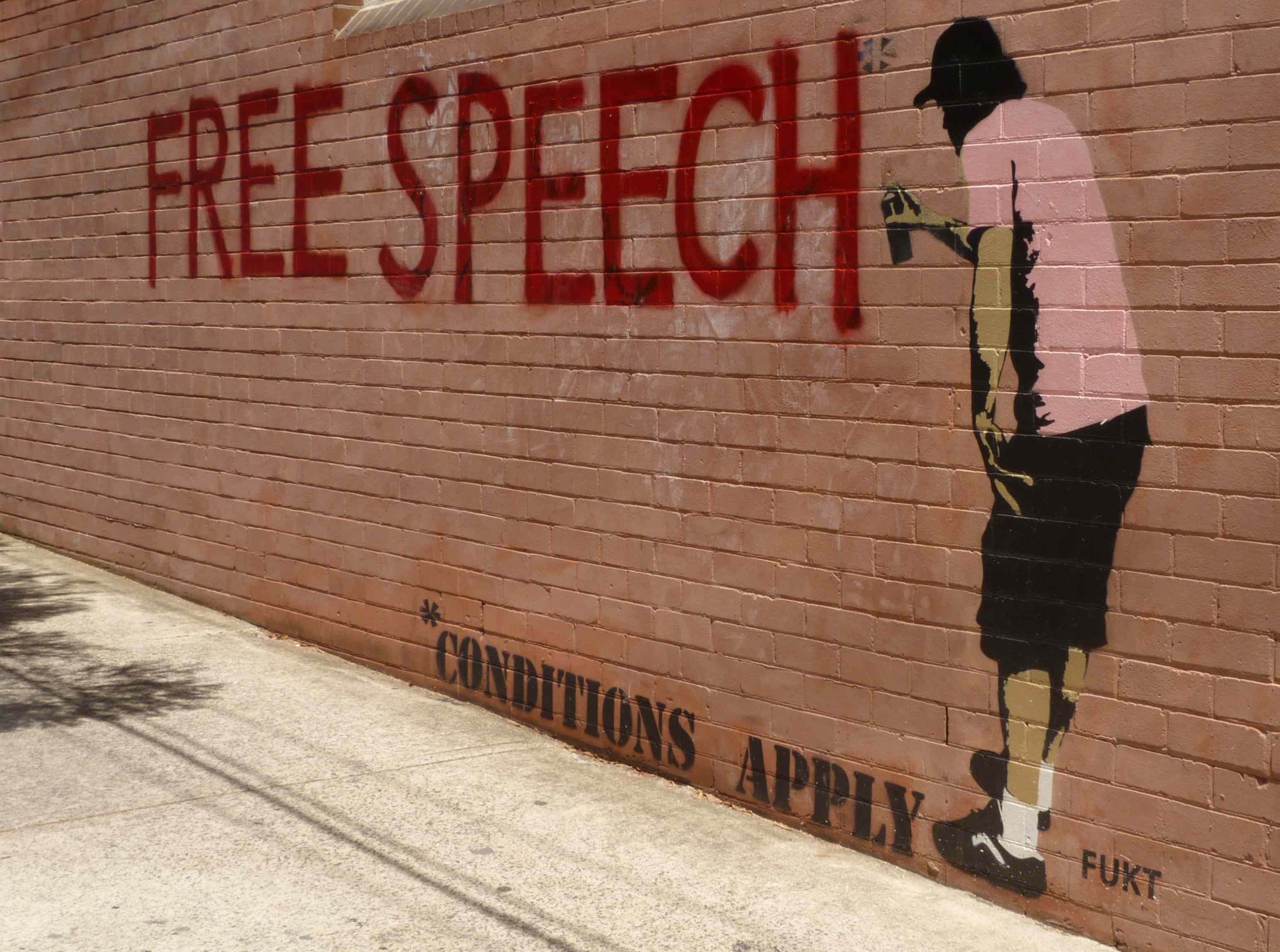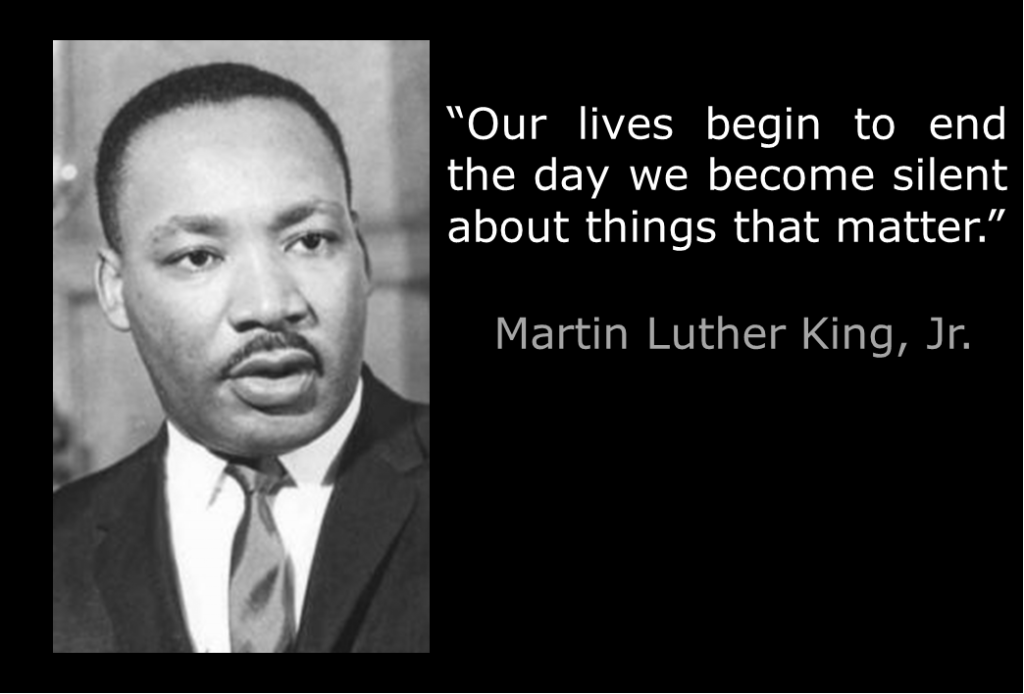Looking through my blog this semester, I have come to realise that there is a reoccurring theme: freedom of speech and expression. This may be something that I am passionate about without even noticing that it is something that I am passionate about!
Here are five of my favourite posts and these are the ones in which I think sum up what I learnt and thought about during this semester (click on the bolded words to read it in full!):
The first one talks about privacy and if this is a right, or a responsibility for each individual. Everybody’s notion of privacy has changed as the years go by, as they grow older and most importantly, as society changes. Privacy does not have the same meaning now as it did in 2005. In this post, I also talk about data brokerage. Data brokerage, “in the name of commerce” is the act of websites collecting our personal information in order to sell them to different companies. This is often done without our permission, and with this thought, I bring you to my next post titled “power corrupts; absolute power corrupts absolutely“, where I write about the Singaporean government’s attempt on censoring anything that they deem “wrong” or gives them a bad name. The main example I give is of a 16-year-old boy named Amos Yee, ranting about why the death of former Singaporean president, Lee Kuan Yew’s death was the best thing to happen to that country and its people. Even though the boy and his video were regarded wrong by the government and he was prosecuted, more than 400,000 people (now even more if you are reading this and decide to watch the video), viewed this on YouTube! The government’s attempt on removing this video, ironically, gave it even more credibility than it had before.
Freedom of speech is the main theme of my discussion and this relates to my next post where I reflect on the week 9 reading by Harry Jenkins. I make connections to these ideas with more familiar stories that have happened in our own backyard; protests against shutting down remote Aboriginal communities that happened in the Melbourne CBD. What I wanted readers to draw out of this was that whether protests like this fail or succeed, the most important thing to keep in mind and understand is that it gets people talking. Conversations, arguments and debates are what makes society move forward. If governments are constantly shutting up their citizens, then the country will never be able to develop.
People’s knowledge of stories and news such as these, usually come from social media. My next post talks about how important technology and social media have become, and how it is now a main source of information gathering for many people in our modern society. The increase of news media within social media has allowed every Facebook, Twitter, Instagram, YouTube user to find out about important news and current issues the second they are published. This is why my Media group and I decided to discuss the issue of social media for our Project Brief 4. Even with all the positives of social media, we have come up with the question: is social media making us more social or is it ironically, making us more anti-social? In this post I talk about my thoughts on the debate and how important and amazing I believe social media to be. It creates opportunities that many people could never begin to dream of in the past.
So there you go. If you wanted to get an idea of what my beliefs are or what I find interesting in the world of media, you can have a read of my five main posts.
My very first semester for Bachelor of Communications, Media has been fun. Most of what I had to do was expected of the course and there weren’t many surprises. Although there were, undoubtedly, a few moments where I thought were dull and I lost motivation for, my favourite parts of the course would definitely, and obviously be creating my own videos. Filming, editing and watching videos have always been a love of mine and to be able to immerse in a world where I can do this, has been an amazing and fulfilling experience.
We were asked to create a “learning graph” for the semester and here is my truthful graph:
 Although my blog value may have increased highly in the middle and then gone down towards the end and the independent working went on a roller-coaster because of group work, my critical and creative thinking and the objects I have created improved greatly throughout the semester.
Although my blog value may have increased highly in the middle and then gone down towards the end and the independent working went on a roller-coaster because of group work, my critical and creative thinking and the objects I have created improved greatly throughout the semester.
All that’s done and said, I am very ready for this mid-year break, because it is a much deserved one.
Until next time, keep watching films, keep taking photos, keep listening to music and keep enjoying this media-absorbed lifestyle everyone!




